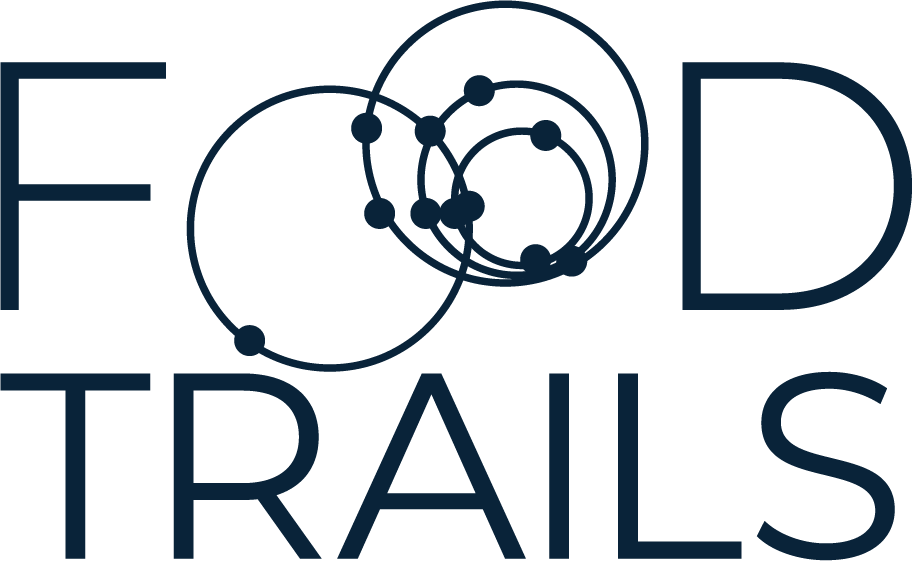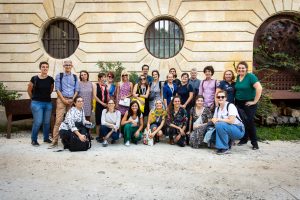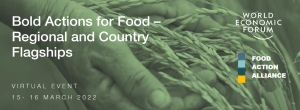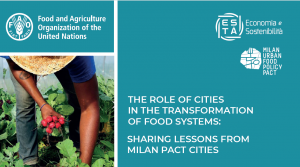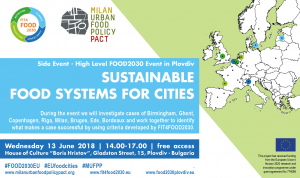Food Trails upcoming Webinar on the role of cities on impact investing in food system transformation.
Session of the Bold Actions for Food – Regional and Country Flagship 2022.
Sustainably feeding 9.7 billion people by 2050 requires a profound transformation of our food systems. Unprecedented concerted action by multiple cross-sectoral actors is needed to evolve production, value chains, market systems, technology, and consumer demand from the local to the global level.
Following this goal, the World Economic Forum, Food Action Alliance and partners will organize the virtual meeting “Bold Actions for Food – Regional and Country Flagships”.
This webinar will gather leaders and experts from the public and private sectors and civil society to discuss raising ambitions, scaling leadership actions ahead of the COP27, and exploring strategies to achieve shared goals by 2030.
The MUFPP community and Food Trails partners and cities have been invited to share their experiences, visions, and solutions during a session on the “The Role of Cities on Impact Investing in Food System Transformation” on 15 March, from 10:30-11:30 am CET.
Speakers will share with you best practices and explain what the Food Trails Impact Investors Living Lab is and how it plans to work.
You will also hear about urban food policy solutions for impact investing, and learn how urban food systems can become more attractive for impact financing.
AGENDA
h 10:30 – INTRODUCTION
Introduction on the front running cities on food system transformation: the Milan Urban Food Policy Pact
- Filippo Gavazzeni, Head of MUFPP Secretariat
h 10.40 – FOOD TRAILS: IMPACT INVESTING APPROACH
The panel will present the work of Food Trails partners on impact investing opportunities to be connected to urban food systems, in committed municipalities and local authorities.
- Mapping impact investing best practices for urban food systems
Thom Achterbosch, Wageningen Economic Research - Food Trails Impact Investors Living Lab
Joe Robertson, EAT Foundation - Urban food policies solutions for impact investing
Andrea Magarini, Eurocities Working Group Food
h 11.05 – CITIES ROUNDTABLE
The roundtable will start a discussion with cities that joined the Impact Investors Living Lab and are actively designing food policy solutions to generate co-benefits for their local food systems. Each city is invited to answer about which field of the food system could be more attractive for impact financing solutions.
- Betina Bergmann Madsen, City of Copenhagen
- Shaleen Meelu, City of Birmingham
- Alice Casiraghi, City of Milan
- Renske Stumpel, City of Groningen
